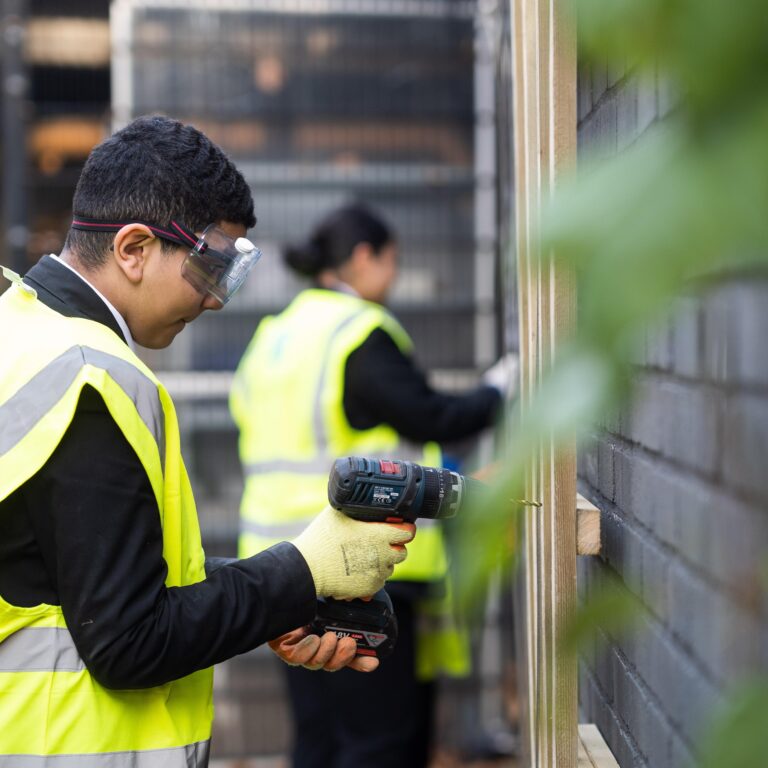Course content
We offer the OCR Biology A course. The course has units on Human Biology, which includes homeostasis, the immune system, communicable diseases and the circulatory system, Plant Biology which includes transport in plants and cell structure, Ecology which involves a field trip to look at biodiversity and classification and Biochemistry, and looks at nucleotides, DNA and so on. Whilst the course builds on many of the GCSE topic areas, the demands are far greater, especially in terms of the maths, literacy and diagrammatical skills you are expected to use.


